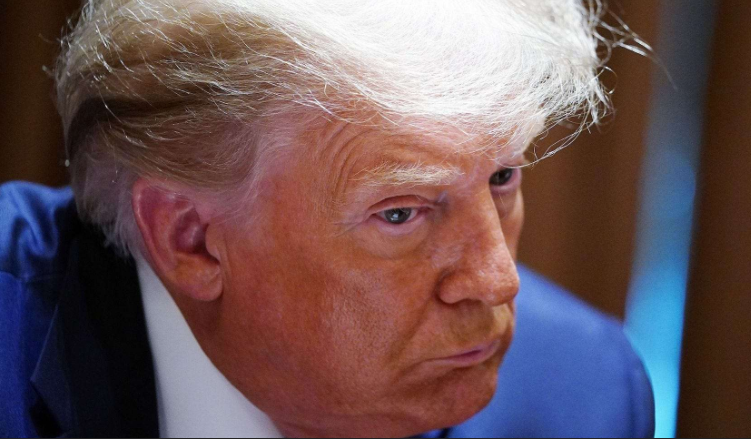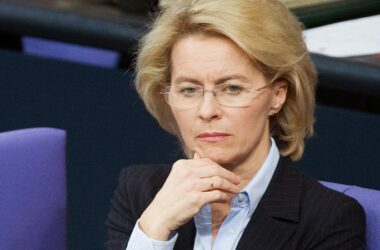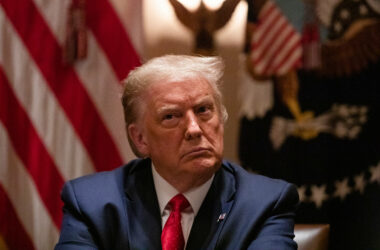As Donald Trump gears up for a possible return to the White House, Britain’s newly appointed team of top diplomats may be hoping for a fresh start with the former president. However, their past comments and actions suggest that this may be easier said than done.
The UK Foreign Office, now under the leadership of Foreign Secretary David Lammy, is facing scrutiny over previous critical remarks made about Trump. Lammy, once a fierce critic of Trump, previously referred to him as a “neo-Nazi sympathizing sociopath” and accused him of being a racist. Now, with the possibility of Trump reclaiming the presidency, Lammy has softened his tone, expressing a desire to find common ground with Trump’s team.
This shift in approach reflects the complex nature of diplomatic relations, particularly with a figure as polarizing as Trump. The challenge for Lammy and his team is to navigate the consequences of their past statements while attempting to establish a working relationship with a potential Trump administration.
A History of Tense Relations
Lammy is not alone in his previous criticisms of Trump. Stephen Doughty, now the Minister for North America, and Catherine West, the Indo-Pacific Minister, co-sponsored a 2019 parliamentary motion that condemned Trump’s state visit to the UK. The motion denounced Trump’s record on issues such as racism, xenophobia, and his withdrawal from the Paris Agreement on climate change. These strong stances were part of a broader critique that extended to Trump’s controversial travel ban and his approach to governance.
These comments, while reflecting genuine concerns, could pose a challenge if Trump returns to power. The personal nature of these attacks, coupled with Trump’s well-known tendency to hold grudges, means that the UK’s diplomatic team could face an uphill battle in rebuilding trust.
Diplomatic Bridges or Roadblocks?
Despite the harsh rhetoric of the past, some experts believe that the impact on UK-US relations may be limited. Sophia Gaston, head of foreign policy at the Policy Exchange think tank, argues that while words do matter in diplomacy, the key to future relations will be the alignment of policy positions and shared objectives.
The UK’s Foreign Office is reportedly working behind the scenes to establish connections with Trump’s circle, reflecting a pragmatic approach to diplomacy. The postponement of appointing a new UK Ambassador to Washington until after the November 5 election suggests that Britain is preparing for all eventualities.
The Road Ahead
If Trump wins the presidency again, the UK’s diplomatic team will need to balance past criticisms with the necessity of maintaining strong transatlantic ties. The “special relationship” between the UK and the US is built on deep security, military, and cultural links, which both countries will want to preserve.
Ultimately, the success of Lammy and his team in navigating a potential Trump administration will depend on their ability to find common ground and move beyond past disagreements. Britain will be hoping that Trump’s capacity for forgiveness, demonstrated in his choice of vice-presidential candidate JD Vance, extends to its own diplomats. The coming months will reveal whether this hope is well-founded.








